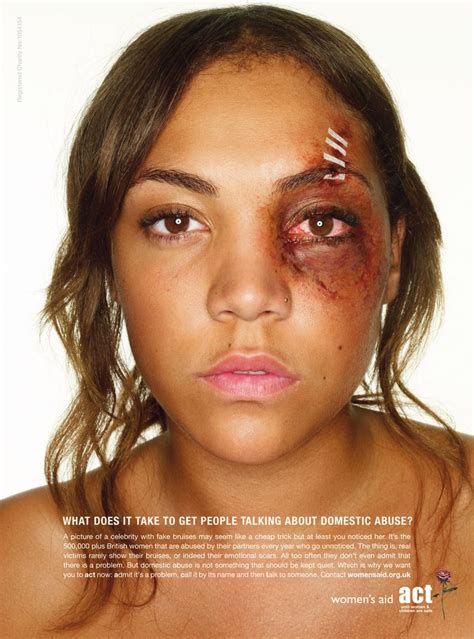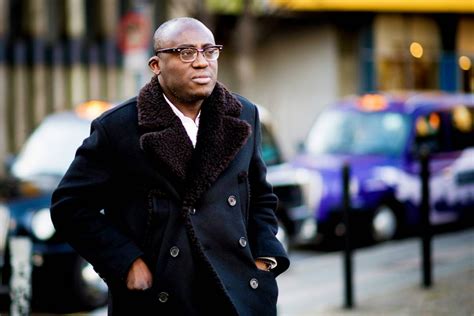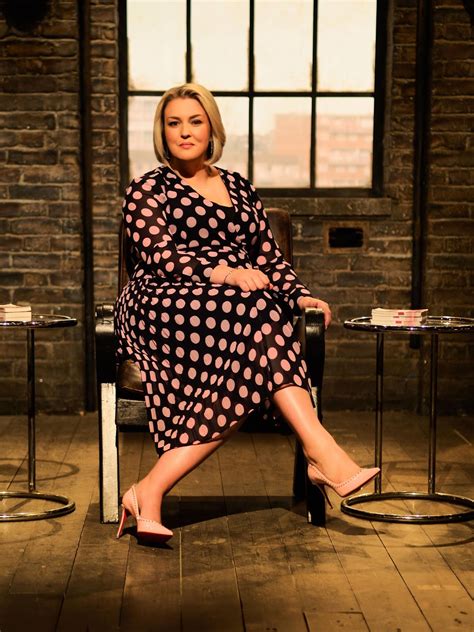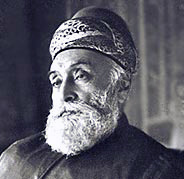A Quote by Miquita Oliver
We grew up in west London, everyone was poor, and we bought our clothes from charity shops or from Portobello.
Related Quotes
When we want to help the poor, we usually offer them charity. Most often we use charity to avoid recognizing the problem and finding the solution for it. Charity becomes a way to shrug off our responsibility. But charity is no solution to poverty. Charity only perpetuates poverty by taking the initiative away from the poor. Charity allows us to go ahead with our own lives without worrying about the lives of the poor. Charity appeases our consciences.
I think our slow, humble beginnings in surf shops, ski shops, bike shops, and motorcycle shops have been extremely important for our success. GoPro is all about celebrating an active lifestyle and sharing that with other people. It's authentic. It's not a brand that we went out and bought a bunch of ads for to create.
I was every Londoner's stereotypical idea of a brash, vulgar American. When I got here, it turned out that London was the Wild West, and New York was like London at the height of the Victorian era, in which everyone was far more obsessed with table manners and status-climbing than they are in London. In London, everyone was just crawling over this blizzard of cocaine. Here, if you have more than a glass of wine with your meal, people refer you to Alcoholics Anonymous.
Being broke and poor - I mean, you grow up in the environment I grew up in, grew up hard and grew up poor. Your mom doesn't have a car until you make it to the NBA... no telephone. So, I mean, if you grow up like that, and you're able to make it to this level and be blessed the way I've been blessed, it's always great to give back.
There is one kind of charity common enough among us... It is that patchwork philanthropy which clothes the ragged, feeds the poor, and heals the sick. I am far from decrying the noble spirit which seeks to help a poor or suffering fellow being... [However] what advances a nation or a community is not so much to prop up its weakest and most helpless members, but to lift up the best and the most gifted, so as to make them of the greatest service to the country.
I grew up in a small town in Washington State, so I wasn't really aware of costume design as a career growing up, but I loved clothes. I remember I saved all my money, and the first thing that I bought was a white blazer, which was to the horror to my parents. But I have always had a strange connection with clothing.

































